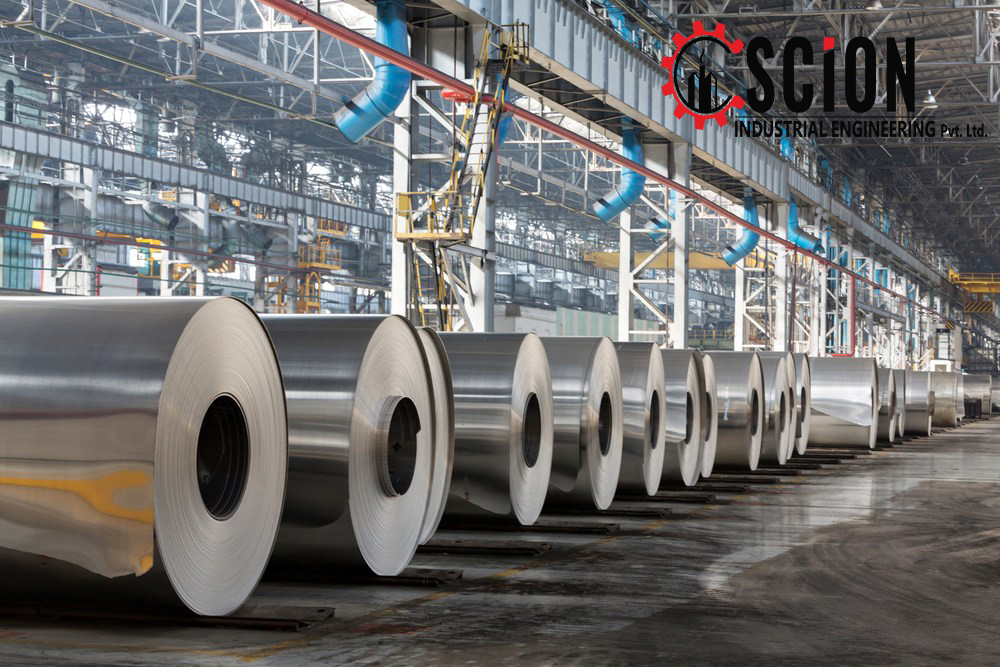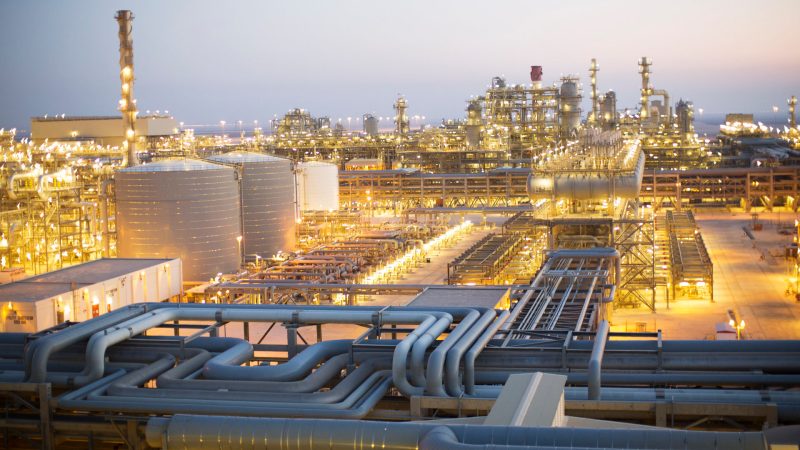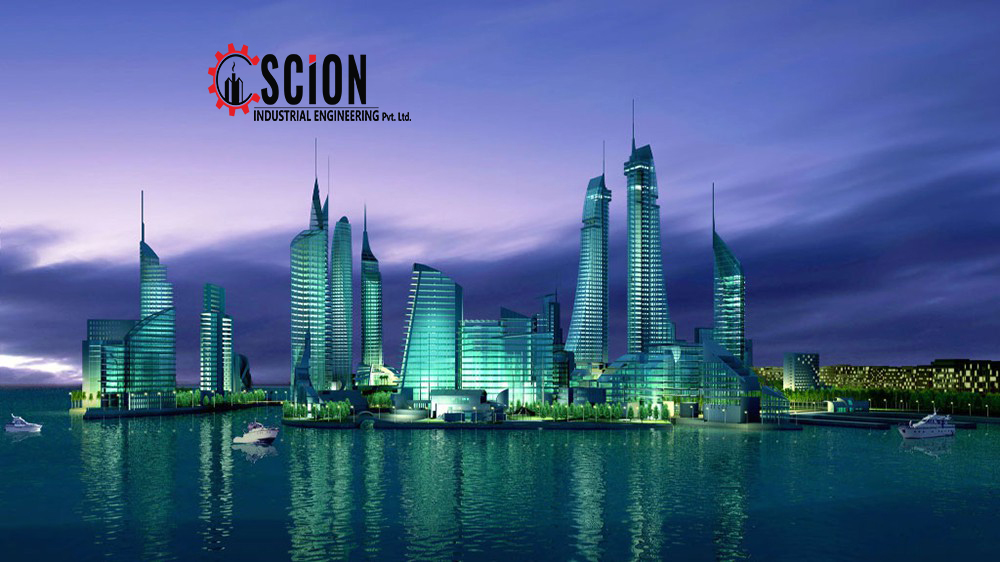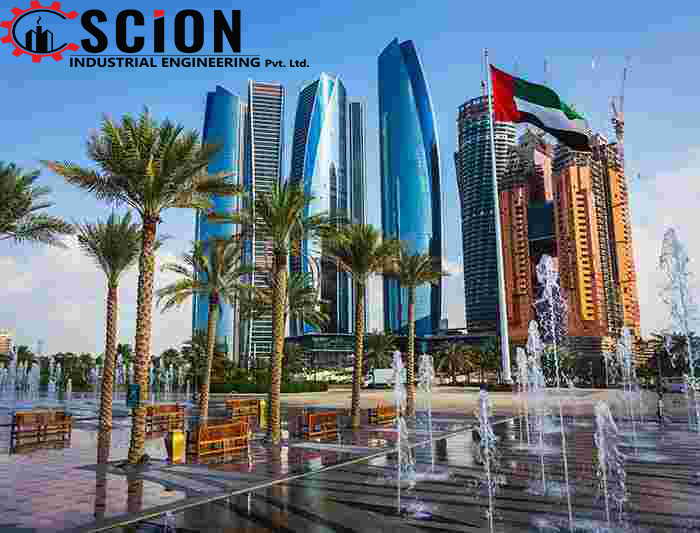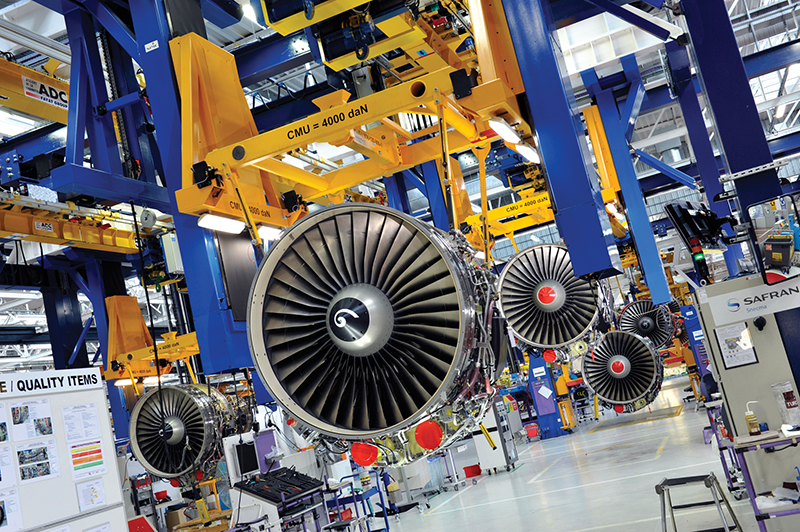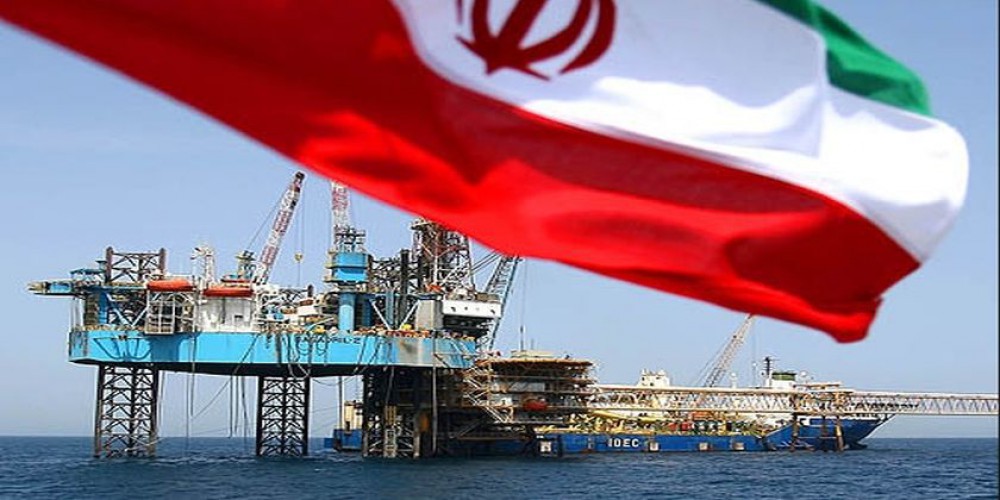As Lebanon battles ongoing economic devastation, billionaire businessman Bahaa Hariri has openly backed a civic plan for the country’s path to recovery.
Hariri, son of assassinated Lebanese Prime Minister Rafik Hariri, told Arabian Business he is backing Sawa Li Lubnan (Sawa) – a group that is mobilising citizens to campaign for meaningful reform in Lebanon to crush corruption and deliver economic prosperity.
Hariri, who has thus far steered away from politics – unlike his brother Saad who was the country’s PM until the 2019-2020 protests – quashes reports that he is angling to become the country’s next prime minister.
“Political office is not for me,” the 55-year-old construction magnate said, adding that Sawa is “working independently” for change.
Sawa’s grassroots movement aims to create a non-sectarian system, end corruption, restore economic growth, empower a new generation of leaders, strengthen the legal system and restore sovereignty.
The group has 20 full-time staff and an advisory board of 20 peers, as well as a network of 200 volunteers across eight Lebanese regions. Sawa represents all regions and religious affiliations and brings together industry experts from diverse backgrounds.
According to Sawa’s agenda materials, Lebanon is in “economic freefall” and “if we dodge the fundamental issues that have led us to this disaster, Lebanon and our children’s futures will be destroyed”.
Reversing economic collapse
“The economy has completely collapsed… this is the worst crisis Lebanon has faced in 160 years,” Hariri said. “Something has to be done to try and make a change.”
According to the latest World Bank Lebanon Economic Monitor (LEM), the economic and financial crisis is likely to rank in the top ten, possibly top three, most severe crises episodes globally since the mid-nineteenth century.
“In the face of colossal challenges, continuous policy inaction and the absence of a fully functioning executive authority threaten already dire socio-economic conditions and a fragile social peace with no clear turning point in the horizon,” the report notes.
Lebanon’s GDP plummeted from close to $55 billion in 2018 to an estimated $33bn in 2020, while GDP per capita fell by around 40 percent in dollar terms, said the World Bank. The effect on prices have resulted in surging inflation, averaging 84.3 percent in 2020.
“Sawa is not a political party… there are enough of those,” said Hariri. “We are a social movement that is unequivocally calling out the political problems and demanding solutions.”
The businessman said Sawa would be carrying out its advocacy on television, social media and in real life communities.
Crushing corruption
Hariri said stamping out corruption is his first priority.
“We need to reach by consensus across the board to crush corruption… it’s endemic and it’s killing the private and public sector. To gain a thriving economy we need to address many points such as debt restructuring and a single convertible exchange rate.”
The international businessman recommended revisiting the implementation of the Tiaf Accord – an agreement that provided the basis for ending Lebanon’s civil war in 1989. “It’s part of the Lebanese constitution and we need to separate religion from politics. We need change now.”
Hariri, who has been based in London for 37 years, said that Lebanon’s significant international diaspora “would not accept any international band aid”.
“They need to seriously change to take Lebanon seriously… they are not willing to invest anymore,” he said.
“A lot of work has to be done across our board which is cross-sectarian. There is no other way. Lebanon is like a mosaic.”
An accomplished businessman, Hariri founded Horizon Group Holdings in 2002, a property investment and development company, with operations in Lebanon, Jordan and Saudi Arabia.
Hariri sold his stake in family-owned construction company Saudi Oger to Saad in 2008.
Source:https://www.arabianbusiness.com/politics-economics/465602-can-lebanons-economic-ruin-be-reversed-bahaa-hariri-is-counting-on-it


